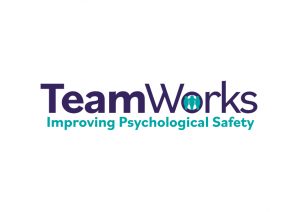Is Presenteeism an Indicator of Low-Levels of Psychological Safety?
Working at home partly or fully is now being experienced by very significant numbers in the UK, an increase from 1.7 million to 4 million at the week commencing 20th March 2020.
Many organisations have had to embrace this at pace without necessarily having the opportunity to fully brief those affected, nor were they able to identify the pros and cons of this massive change for both employees, line managers and the organisation.
Initial evidence suggests that working at home can be highly productive because individuals are able to focus, interruptions are more carefully managed, and the individual is able to largely schedule the work in a way that perhaps they previously couldn’t.
However not all like the solitude of working alone at home. Some will miss the informal interactions that occurred around the water cooler, photocopier, break times or impromptu meetings in the corridor. For lots of individuals the informality of these Interactions generated Ideas, fun, humour, and the means to keep going when having a bad day at work.
Perhaps the sameness everyday of working at home can lead to days when individuals are not as productive as one would like to be, therefore some individuals may well be present but not operating optimally.
In psychologically safe environments leaders, managers and supervisors have increasingly identified that it is their actions which, can provide the support encouragement and motivation that helps to deal with this challenge.
For example, they have considered how frequently employees need a one-to-one when they do not see colleagues in person, but only on Zoom, Skype, or Teams daily or weekly.
In a virtual, remote world it is increasingly important to schedule phone calls, one-to-ones, catch-ups, and consideration should be given to the shape and content of team meetings.
Whilst there is definitely value in a business focused meeting, there is also value in the informal team meeting, which is simply checking in to see how everyone is, listen to the challenges and highlights of the week, which to some degree can, when carried out collectively and regularly, help individuals to cope. Silence can be dangerous!
In psychologically safe environments, leaders and managers have identified the sort of feedback, frequency of intervention, the type of dialogue and the type of reviews that are valuable to each member of the team. Pre-emptive presentation in the new virtual world is becoming an increasing role for every leader and manager.
If you would like to know more about how to measure psychological safety in your organisation using a validated predictive tool, that is very quick to use and provides advice on what to do please contact Erica on erica@well-being-works.co.uk or 07939 606121






